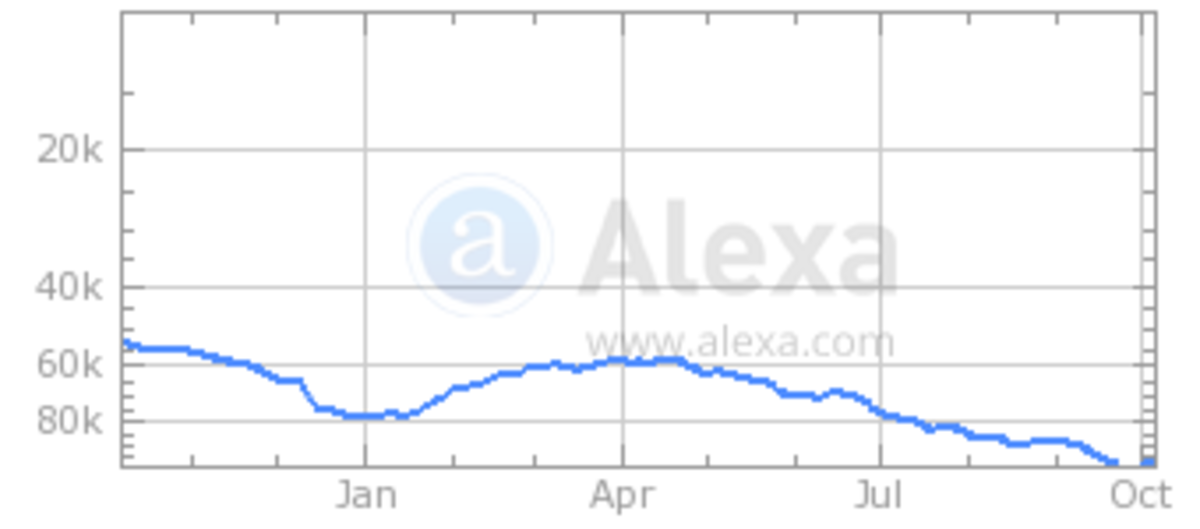How to Prepare for College Finals

Finals are around the corner for most college students. Exams, papers, portfolios, and other projects pile around the same time, causing anxiety and frustration. As a former college student, here is my personal advice for those who have a lot on their plate and freaking out.
Syllabi
Before we even talk specifics on what you need to do, look at all of your syllabi. Get yourself a calendar if you don't already have one and start writing down due dates. You need to prioritize by putting them in order.
Look over your syllabi for essay/project requirements. Also look over study guides. Don't wait until three days before the due date to ask your professor a question about the exam or paper that you're not understanding on the syllabus; it looks bad and you might not hear from them in time. So read everything weeks in advance.
Time Management
Now that you know when everything is due and which one you need to work on first, it's time to start. If you have a busy life, schedule the time to study, research, or whatever you need to work on. I was always told to study at the bare minimum three nights before the exam. But try starting at least a full week before. Everyone has their own system of how long and how frequent to study; just start doing it.
Here are my recommendations for specific finals.
Papers (most likely research paper)
Take advantage of your school's resources.
If you don't think you are a good writer and you're willing to get help, look into your campus resource/learning lab. Every college should have a tutoring area on campus where you can make an appointment. These tutors can help you generate ideas, come up with your thesis, and correct grammar errors in your draft; that's what they are there for.
Friends
If the learning center is booked up for the rest of the semester, sometimes just having another pair of eyes on your paper can help significantly. Have a friend read over your paper for you; have them read it out loud to you so you can hear how it flows. In fact, the best writers read their stuff out loud for better continuity.
Professor
If you are really anxious about writing this paper and you have a lot of questions on your mind, skip going to a tutor and go straight to your professor. They will have better answers on the specificity of the paper/subject than a tutor. Remember, do this early on; don't wait.
Location
If you live in a dorm, too close to friends, where there's a TV feet from you, change your writing area. One of the best places to get away from distractions is your campus library. There might be other places on campus where there is computer access and quiet. Check out flyers on campus that are promoting study halls.

Exams (closed book, closed notes)
This fits the profile for most exams. You need to memorize the information. As said before, individuals have their own systems, but here are the most effective.
Short answer/vocab
Flashcards. When it comes to connecting one bit of information with another, like a word to a definition or a person to an event, flashcards are the best. It's not the same as grouping them on a piece of paper and covering your hand over a portion. Just writing them on the cards is helping you memorize them. There is no point re-reading the material before turning them into flashcards, because it is so effective from the get-go. It is best to start out reading the definition or "more info" and guess the word/person. Once you've got that down, it's easier to do it in reverse.
In addition to using flashcards, it also helps to write down your answers instead of saying them out loud. This way you are also remembering how to spell these words out. It is embarrassing when it's exam time and you know how the word starts but not how it ends.
Essay questions
This is tricky if you don't know what the essay questions are going to be. If you know, then go ahead and answer them now. Take the time to write down your answer using your notes and textbooks to make it a thorough answer with supporting examples. Then re-read it while you're studying and you'll know what to write for the essay questions--no problem.
If you don't know your essay questions, it doesn’t' hurt to ask your professor. If s/he has an idea, s/he should drop you a hint of what's going to be on there.
As for multiple choice and long answer, this just comes from studying. Use flashcards, re-read your notes. Don't just learn 90% of it; you'll never know when that other 10% would have come in handy.
Exams (open notes or open books)
People think students are lucky if they have one of these exams. It's certainly easier than a closed books/notes exam, but not by much. It is still very important to prepare for this kind of exam.
For open notes, write it all down if you haven't already. For every piece of literature, characters, chemicals, math equations, or whatever, if you know they will be on the exam you better have it written down.
Once you have your notes, organize. Put them in a binder. Alphabetize them by subject or (as I do) put them in chorological order from your syllabus. This way when the exam is going on, you are not wasting time going through 20 pages of notes trying to find a specific bit of information. If you attended every class, you know which subject you learned first. Also organizing your notes will not only help you remember what bit of info is where, but you may not need to look back to it for the answer. Try to memorize some so you don't waste time looking.
With an open book exam, you need to customize your book with highlighters, tabs for references, and side notes.
As for anything else…
In regards to portfolios, art projects, film projects, or any other unique finals, there is really nothing more to add. Read your syllabus for due dates and details, manage your time, and get started.
Good luck on finals everyone!








